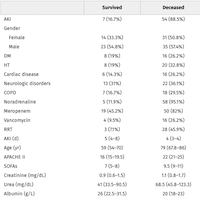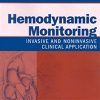Effect of Adjunctive Vitamin C, Glucocorticoids, and Vitamin B1 on Sepsis
link.springer.com
We aimed to compare the effects of vitamin C, glucocorticoids, vitamin B1, combinations of these drugs, and placebo or usual care on longer-term mortality in adults with sepsis or septic shock. MEDLINE, Embase, CENTRAL, ClinicalTrials.gov and WHO-ICTRP were searched.
The final search was carried out on September 3rd, 2021. Multiple reviewers independently selected randomized controlled trials (RCTs) comparing very-high-dose vitamin C (≥ 12 g/day), high-dose vitamin C (< 12, ≥ 6 g/day), vitamin C (< 6 g/day), glucocorticoid (< 400 mg/day of hydrocortisone), vitamin B1, combinations of these drugs, and placebo/usual care. We performed random-effects network meta-analysis and, where applicable, a random-effects component network meta-analysis. We used the Confidence in Network Meta-Analysis framework to assess the degree of treatment effect certainty. The primary outcome was longer-term mortality (90-days to 1-year). Secondary outcomes were severity of organ dysfunction over 72 h, time to cessation of vasopressor therapy, and length of stay in intensive care unit (ICU). Forty-three RCTs (10,257 patients) were eligible. There were no significant differences in longer-term mortality between treatments and placebo/usual care or between treatments (10 RCTs, 7,096 patients, moderate to very-low-certainty). We did not find any evidence that vitamin C or B1 affect organ dysfunction or ICU length of stay. Adding glucocorticoid to other treatments shortened duration of vasopressor therapy (incremental mean difference, − 29.8 h [95% CI − 44.1 to − 15.5]) and ICU stay (incremental mean difference, − 1.3 days [95% CI − 2.2 to − 0.3]). Metabolic resuscitation with vitamin C, glucocorticoids, vitamin B1, or combinations of these drugs was not significantly associated with a decrease in longer-term mortality.
















